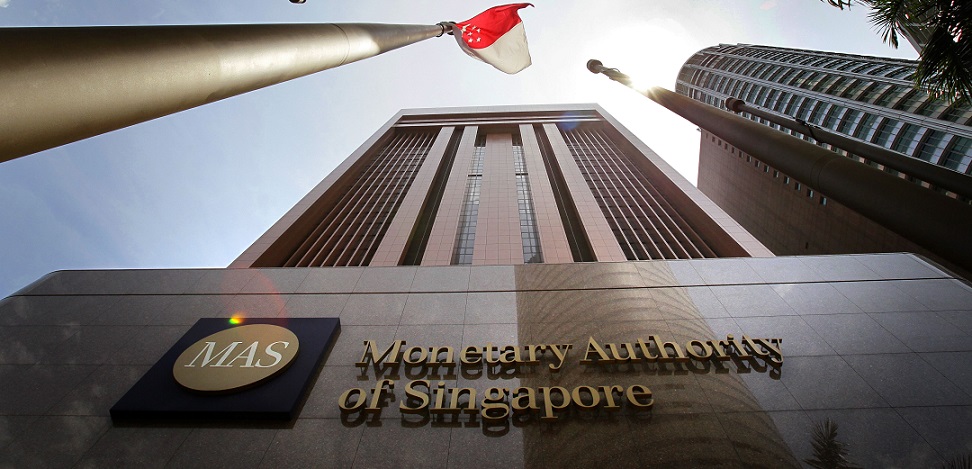
The new digital bank licences will be extended to non-bank players.
Applicants for the digital full bank licence must additionally be anchored in Singapore, controlled by Singaporeans and headquartered in Singapore.
Interested parties have until 31 December 2019 to submit their applications. The Monetary Authority of Singapore (MAS) expects to announce the successful applicants in mid-2020. Successful applicants will be expected to commence business by mid-2021.
SINGAPORE’S new digital banks must show a „path towards profitability” based on a five-year financial projection, MAS said on Thursday, as the regulator officially opened up applications for no more than two licences for a digital full bank, and up to three licences for a digital wholesale bank, according to The Business Times.
The regulator made it clear that any digital banking applicant that shows a „consistent” loss-making trend will not qualify.
„The applicant must provide a five-year financial projection of the proposed digital bank, which must show a path towards profitability. The assumptions of the financial projection must be reviewed by an external and independent expert,” said MAS in a press statement.
Even if it is not within the first five years, the applicant should indicate when the proposed digital bank is expected to break even, even as MAS does not prescribe a definitive time period by which the proposed bank must break even or achieve a certain level of profit.
„However, an applicant with a financial projection that shows a consistent or increasing trend of net loss will not meet the criterion of demonstrating path to profitability,” said MAS.
MAS said applicants must show a „clear value proposition” to meet underserved needs using technology. Among other requirements, at least one entity in the applicant group should hold a minimum three-year track record in operating an existing technology or e-commerce business.
Digital full banks – which can take retail deposits – also cannot access the existing ATM networks of banks.
Under MAS’s digital bank licensing framework, the digital banking entity must be incorporated in Singapore, and will be subject to the same anti-money laundering requirements applied to incumbent banks.
A digital full bank – which can take retail deposits – must be anchored in Singapore, controlled by Singaporeans, and headquartered in Singapore. At a restricted stage, it will first face a deposit-taking cap at up to S$50 million in total. Deposits per individual will be capped at S$75,000.
The restricted bank can only accept deposits from a small group of persons such as business partners, staff, and related parties. With that, it will have to participate in the deposit insurance scheme, which protects deposits of up to S$75,000 per depositor in the event of the bank’s failure.
To add, the restricted digital bank – which can participate in the retail banking segment – at a start can only offer simple credit and investment products. It will also be restricted in banking operations to no more than two overseas markets.
MAS further said this restricted phase – which is mandatory to minimise risk to retail depositors and mitigate risks of untested business models – is expected to be one to two years, though MAS holds the final say on when the restriction would be lifted.
In other words, from the third year of operations, a restricted digital bank that takes retail deposits and that meets MAS’s requirements should be free from the initial S$50-million deposit cap, and be graduated to a full functioning digital bank by the regulator.
This also means that an applicant for the digital full bank should be able to meet the minimum paid-up capital of S$1.5 billion within three to five years’ time from commencement of business, the regulator said. Any exceptions will be made only for applicants that provide „strong justifications on the longer time required”, MAS said.
„An applicant which may expect to take more than five years to become fully functioning should reflect in its financial projections and business plans on the expected timeline and progress. MAS will assess the proposal based on the overall merits of the applicant’s business proposition and reasonableness of the progression.”
Digital wholesale banks take deposits from SMEs and other non-retail segments. The application for up to three digital wholesale bank licences for SMEs and other non-retail segments is open to all companies – both Singapore and foreign ones. For such applicants, the minimum paid-up capital is S$100 million. They cannot take Singdollar deposits from individuals, other than fixed deposits of at least S$250,000. But it can open and maintain business deposit accounts for SMEs and corporates.
In preventing „predatory practices”, MAS will monitor market dynamics and if needed, „impose additional supervisory requirements or restrictions to deter any value-destructive behaviour,” MAS said. „The aim is to deter unsustainable banking practices, and to preserve a level playing field among banks.”
Banking 4.0 – „how was the experience for you”
„To be honest I think that Sinaia, your conference, is much better then Davos.”
Many more interesting quotes in the video below: